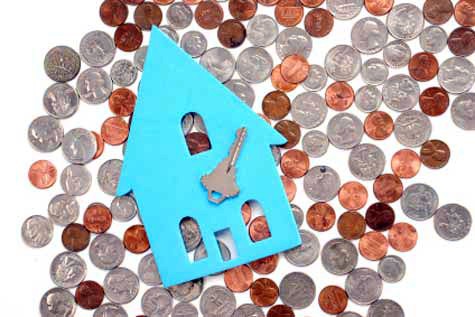
Australian house prices are overvalued by as much as 20 per cent but readjusting them could see the nation plunge further into recession, according to new research by the International Monetary Fund (IMF).
Based on an average moving cycle of 15 years, the IMF annual report on the Australian economy estimated that houses are overvalued by up to 20 per cent.
House prices have increased by more than 90 per cent in the past decade and, despite some falls since the downturn, prices have been accumulating at a rate of 1 per cent a month since March 2009.
House price appreciation has been the single largest contributor to the growth in Australian household wealth over the last decade and a sharp correction in house values could do significant damage to household wealth, affecting consumer spending and the broader economy.
“With housing such a large share of their wealth and house prices having risen so significantly over the last decade, Australian household wealth, and thus spending, could be vulnerable to a large decline in house prices,” the fund said.
Prior to the downturn, there was also a sharp increase in the amount of debt households undertook relative to income. This is coupled with a “dramatic” increase in debt service costs, the report found.
The report found that a significant decline in mortgage interest rates, the government subsidy for first home buyers and continued strong immigration were contributing to housing demand and therefore keeping housing values positive, which in turn is maintaining household wealth, confidence and consumption.
Nevertheless, a “sharp fall” in house prices over the next few years remains a “tail risk”, said the fund.
The IMF finds that the overvaluation in house prices suggests “significant adjustment in house prices could be required”, however if incomes and rents grow faster than house prices, or other fundamentals, such as migration, change, the adjustment in house prices may occur gradually.

